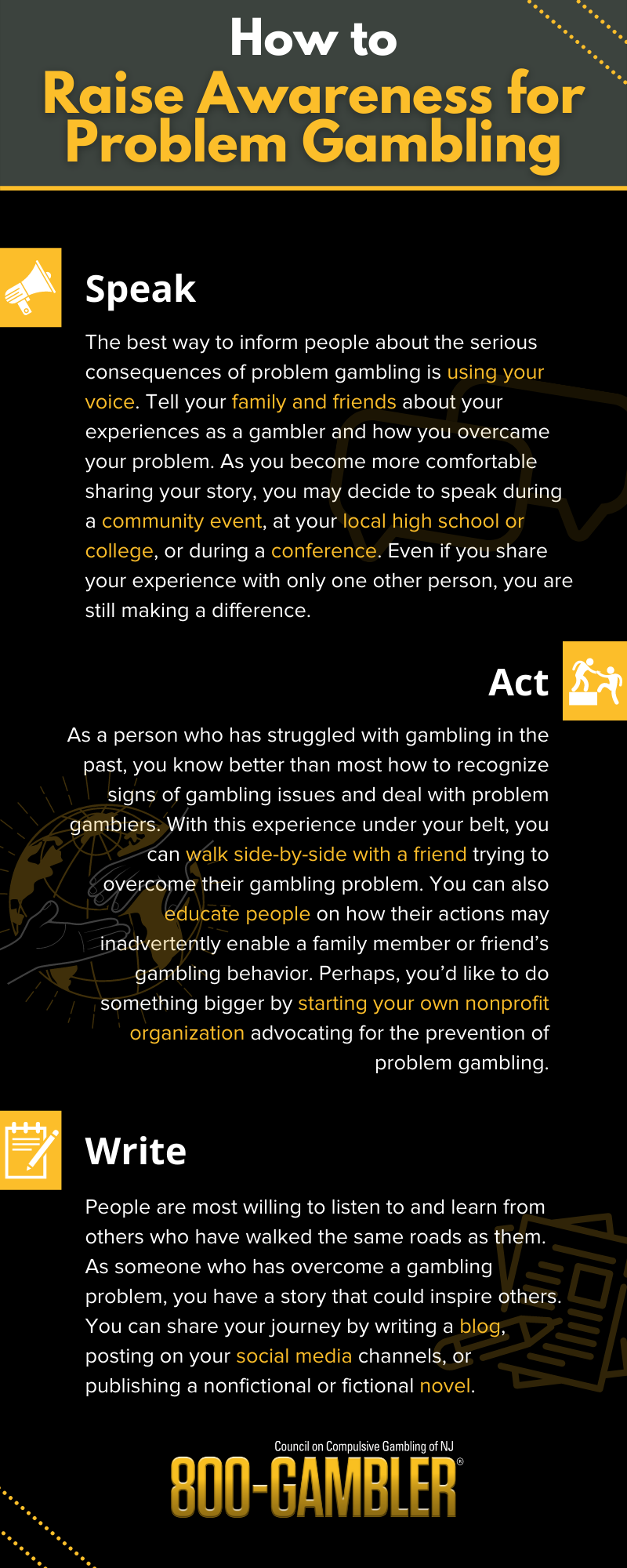Sports fans everywhere are gearing up for March Madness. It’s not just a basketball tournament where people can cheer for their favorite college teams; it’s a massive media frenzy that can be triggering for those who struggle with gambling problems. That’s why Problem Gambling Awareness Month (PGAM) coincides with one of America’s oldest sporting traditions.
The Importance of Problem Gambling Awareness Month
In 2021, the American Gaming Association projected that 47 million Americans would place bets on March Madness, and that was after a full year of uncertainty and instability caused by the outbreak of COVID-19. Now, March 2022 is also predicted to be rampant with sports betting as people continue to recover from the effects of a worldwide health crisis. As the college basketball tournament is covered in the media, people already struggling with a gambling disorder will find it challenging to responsibly in bracket pools and sportsbook wagering.
Problem Gambling Awareness Month was established not to condemn gambling as a pastime but to bring awareness to a prevalent issue. With each passing year and the invention of new technology, it becomes easier and easier to engage in gambling behavior. If this behavior is not kept in check, a person could find themselves in trouble. Thankfully, March acts as the perfect opportunity to help the public understand the risks of gambling evaluate your gambling behavior. The Council on Compulsive Gambling of New Jersey has adopted the theme “Be Informed – Be Empowered” for the month of March and beyond.
Over the course of this important month, the Council on Compulsive Gambling of New Jersey will build on the theme of “Be Informed – Be Empowered.” The Council will offer a wide array of activities and webinars about gambling to equip New Jersey residents with information to prevent the onset of a gambling problem.
How to Evaluate Your Gambling Behavior This March Madness – 20 Questions
Sports betting is not all fun and games for some people. It can quickly turn into an unhealthy habit resulting in devastating personal, social, and financial consequences. Before you know it, you could find yourself in an endless cycle where you are trying to win back all the money you lost to no avail.
How do you know you’ve gone too far with your gambling? You may experience some warning signs of problem gambling, such as becoming easily frustrated, not engaging with family and friends because you’re gambling, or constantly checking your phone because of pending bets. If you notice any of these signs, it may be time to take a step back from gambling or even get help.
The Council on Compulsive Gambling of New Jersey has a survey with 20 questions to determine if a gambling problem exists.
3 Ways to Raise Awareness of Problem Gambling During Gambling Awareness Month
Even though millions of people are dealing with gambling problems and the devastating consequences, many are still not aware of the resources available to help them. If you’ve overcome your problems with gambling, you can provide hope for others who are still currently struggling. This year for Problem Gambling Awareness Month, consider spreading awareness and inspiration in one of the following ways:

Instill Hope This March Madness
With March Madness creating an explosion of betting opportunities, now is the time to check in with yourself (and your loved ones) to ensure your gambling behavior isn’t out of hand. If you feel that you are sinking into a gambling problem, it’s important to reach out for help.
We have a wide variety of resources available, including support for sports problem gambling and services for friends and family, and we have experts on hand 24/7 to address your questions and offer assistance. Call 1-800-GAMBLER today to loosen the grip of gambling and sports betting on your life and experience the hope of a better future.



